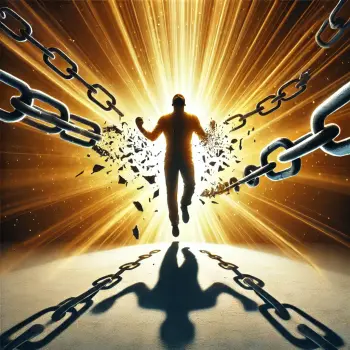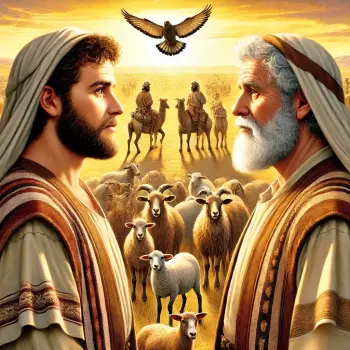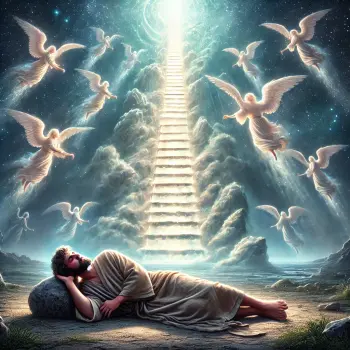
The capacity to transport people to a different place emotionally by expelling breath into a horn is rare, but we can recognize numerous examples: lifted up by the contagious joy in Clifford Brown’s “Daahoud”, immersed in a stream of cool in Miles Davis’ “All Blues”, or awakened by the piercing notes of a shofar. While the shofar lacks the melodic tones of a trumpet, it makes up for that in conveying a sense of urgency.
The reasons given for the sounding of the shofar on Rosh Hashanah are numerous. Some will insist that the Torah says so in Leviticus and Numbers and that is sufficient. Most people are a little more curious and want reasons. The first explanation many people turn to is provided by Maimonides. Even though he lived in the 12th century, his words continue to be especially prescient in the 21st century.
“Wake up, sleepers, from your sleep! And slumberers, arise from your slumber! Search your ways and return in teshuvah (repentance) and remember your Creator! …Examine your souls and improve your ways and your motivations!”
In this passage from the Mishneh Torah (Laws of Repentance 3:4). Maimonides telling us that we need a wake-up call, an alarm clock to shake us out of our lethargy and the routine of our prosaic lives. It’s there to get our attention, much like the siren warning of tornados or the klaxon of imminent collision.
What is repentance anyway?
Repentance, in English, conveys the sense of regretting or feeling remorse about past actions or sins. The Hebrew teshuvah means turn or return. More than intellectual regret, it expresses action – returning to the right path after wandering lost or making a course correction when you realize you’re headed in the wrong direction. Teshuvah begins with self-examination, but you can’t stop there. You have to do something for meaningful change.
So why do we need to wake up?
We can work on teshuvah any time, reflect on our actions or lack thereof whenever we feel like it. So why now? People need deadlines. Not until we’re close to April 15, can most people be persuaded to work on taxes. As much as we dislike taxes, how much more uncomfortable are we with looking deep into our lives and deciding what we want or need to change? The period of the High Holy Days or Days of Awe (Yamim Noraim) is the time to do that work and the shofar’s blast wakes us up to that reality.
Why do we need different sounds? Wouldn’t one suffice?
The sounds made by the shofar move us along our path. The first sound, tekiah, is a single long note. Some think of it as an introduction or a welcoming. It gently invites us to look inward, greeting us where we are. That unbroken note reminds us that we have yet to change, that our life is steady, complacent, unexamined. The persistent single tone is like the gentle ringing that awakens us from our slumber. It announces that now it is time to get up and start working.
The second sound, shevarim, consists of three broken notes, associated by many with the sound of weeping. But what is the source of our sorrow? Is it our awakening to the sorrows and pains of the world around us? Are our eyes opening to the unnecessary suffering of so many in the world, the heartbreak brought about by death, illness, and conflict? Or are we brought to tears as we realize the opportunities that we’ve wasted over the course of the past year, the times we didn’t live up to our potential, the moments we were blind to the needs of others? Perhaps it is a mixture of both.
Shevarim is followed by teruah, a staccato blast of 7 or nine rapid notes. Teruah gives us a sense of urgency; we have to do this now. The notes insist that we move from consciousness and awareness to action. We can no longer delay, procrastinate for another day, put off until next week. Once we’ve identified a problem, we must move toward a solution. And we have to do it now.
The final blast of the shofar sounding occurs only once, the tekiah gedolah, the great tekiah, one long unbroken note. It points to hope for the coming year. It is the hope that what is broken will be made whole, that the meandering path we were on will be made straight, and that we begin the new year refreshed and open to the joys and challenges that await us.

















